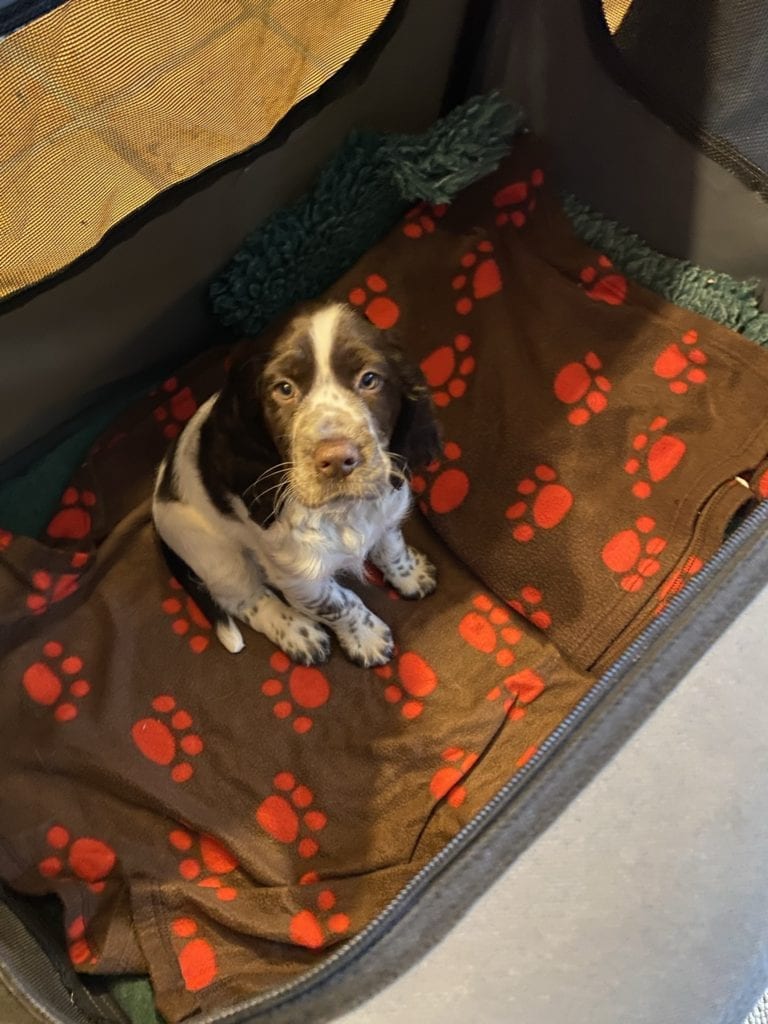Seperation is one of the most common repoted behaviour problems, especially in recent times with people returning to the office after lockdowns. It can also one of the more difficult beahvoural problems to rehabilitate as rehabilitation relies on desensitisation training with gradual exposure to being left alone, which is difficult when you are having to go out for any reason.
What Are The Signs Of Seperation Anxiety?
Symptoms of separation anxiety typically see a dog who becomes anxious as she recognises the signs of you leaving her alone. Beahiours may include pacing, hiding, panting and clinginess. Once left alone, a range of behaviours may be seen, depending on the severity of the anxiety. Mild cases will see typically vocalisation and pacing. More severe cases can see destructive behaviours. Damage in the house often is mainly to exits such as door and window frames. In some cases even self harming may be seen.
How Can It Be Cured?
Rehabilitation can take time. Dogs whom have felt anxious for many months or years, or owners who have no choice but to stop desenitation when they must go out and have to leave her at home obviously will take much longer. Desensitisation is the key however. She must learn that being alone is nothing to worry about. Begin with short but frequent exposures to being left in a room on her own. When she is ok with that you can move on to leaving the house for just seconds to begin with, gradually building the time she is left alone. A tip here is not to always make the time left alone longer each time, mix it up a bit building to 3 minutes and then the next time coming back after 30 seconds for example This way she learns that you could be coming back any minute. This will make it easier for her to cope and give her a bit more confidence. Another tip is to make as little fuss as possible when you are both leaving and returning. Of course you should greet and tell her how well she has done but when you first come back just ignore her for 30 seconds or so. It will tell her that your departures and returns are nothing remarkable.


